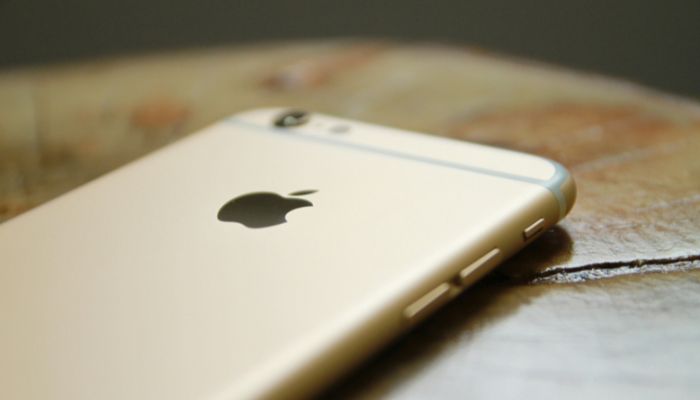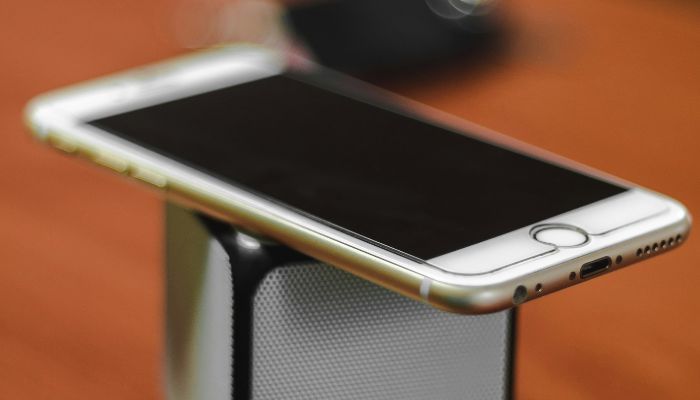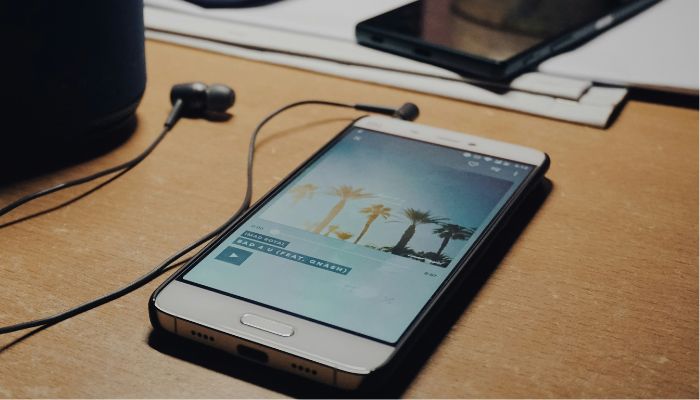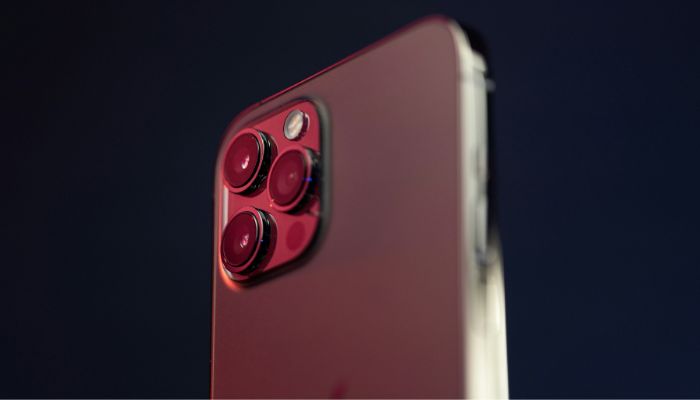
Yes, there are various ways to identify unknown phone numbers directly from your iPhone without relying on competitor apps. Built-in features such as Siri Suggestions and iOS’s built-in Caller ID offer basic identification capabilities for incoming calls. These features use data from your contacts and email to suggest who might be calling, providing some level of identification without needing third-party apps.
Additionally, exploring apps and tools directly from trusted sources, such as Identingly, can help enhance your phone’s security and privacy. Identingly provides resources and guidance on managing digital safety effectively, ensuring that you remain protected against spam and scams.
By choosing tools and features that prioritize your privacy, you can enjoy a more secure mobile experience. Always ensure that the tools you use align with your personal privacy and security needs.
Understanding Phone Number Identification
In the modern era of communication, understanding phone number identification has become a necessity. With the rise in telemarketing and spam calls, this knowledge is paramount to protect one’s privacy and maintain peace of mind. In this context, numerous iPhone apps offer Caller ID options to help users identify incoming calls.
There are myriad Caller ID options, ranging from free services to paid subscription plans. These apps not only identify local but also international numbers, significantly reducing the risk of unwanted communication. However, privacy concerns persist, with users questioning the security of their personal information when using these services. Hence, it is important to choose reliable apps that have positive user reviews, verifying their credibility and effectiveness.
Subscription plans vary, with some apps offering additional features like spam call blocking or reverse phone number lookup. User reviews often provide valuable insight into the app’s performance, usability, and customer support, helping prospective users make an informed decision.
The Need for Phone Identifier Apps

Recognizing the essential role of phone identifier apps in today’s digital age is crucial. These apps have become indispensable tools for managing communication, particularly in light of increasing privacy concerns. Caller validation, for instance, has become a vital need in an era where scams and unsolicited calls are rampant.
Three predominant factors underline the necessity of such apps:
- Privacy concerns: Phone identifier apps can provide a valuable layer of privacy, giving users the chance to screen incoming calls and protect personal information.
- Caller validation: These apps often have databases that can validate callers, reducing the chance of interacting with fraudulent entities.
- User reviews: Many apps provide user reviews of numbers, further aiding in the identification of potential spam or scam calls.
However, the effectiveness of these apps hinges on data accuracy. Inaccurate information can lead to mistaken identity or missed important calls.
Additionally, subscription costs of these apps can be a deterrent for some users. Yet, many would argue that the benefits of having a reliable phone identifier app outweigh the costs, given the peace of mind it offers in navigating the digital communication landscape.
Built-In iPhone Features for Managing Incoming Calls
While dedicated phone identifier apps are popular, iPhone users have several built-in features that help manage and identify incoming calls effectively. These include Caller ID, Silence Unknown Callers, and Contact Identification.
- Caller ID: iPhones come with a built-in caller ID feature that displays the phone number of any incoming call. If the number is saved in your contacts, the phone will also display the name and associated photo, making it easier to recognize known callers. If the number is not saved, it will show the phone number only, allowing users to decide whether to answer the call. Alternatively, you can keep number hidden iPhone to maintain your privacy in certain situations.
- Silence Unknown Callers: This feature, available on iOS 13 and later, helps users avoid spam and unwanted calls by automatically silencing calls from unknown numbers. Calls from numbers not saved in your contacts, recent calls, or those not suggested by Siri will be sent directly to voicemail and appear in your recent calls list. This feature is a great way to minimize interruptions from unknown or suspicious numbers without blocking them outright.
- Contact Identification: If a number is stored in your contacts, the iPhone will display the caller’s name and photo, allowing you to quickly recognize who is calling. This feature saves you the hassle of trying to remember phone numbers and provides immediate context for the incoming call.
While these built-in features offer a solid foundation for managing your calls, you can enhance your phone security and privacy by exploring additional tools and resources available through platforms like Identingly, which provides guidance on effective digital safety practices.
Top iPhone Apps for Number Identification

While the iPhone has several built-in features for managing calls, there are additional apps that provide enhanced call identification and privacy protection. These apps help identify callers, block unwanted numbers, and ensure a seamless communication experience without compromising on privacy.
- Whoscall: This app offers robust caller ID and spam-blocking features. It uses a large database of known numbers to identify and block spam calls, telemarketers, and other unwanted callers. Whoscall also allows users to create a personalized blocklist and provides real-time caller identification, even for numbers not saved in your contacts.
- Nomorobo: Nomorobo is known for its efficient spam and robocall blocking capabilities. It actively monitors incoming calls and uses its database to filter out robocalls and telemarketers. The app offers options for both free and premium versions, allowing users to access advanced features for more comprehensive protection.
- YouMail: YouMail provides a unique approach to call management by offering a visual voicemail service that identifies and blocks spam calls. It helps manage voicemails and automatically blocks known spam numbers. YouMail’s premium features include personalized greetings and enhanced privacy options, making it a popular choice for those who want more than just caller identification.
These apps provide valuable features to help users manage their calls more effectively while ensuring privacy and protection from unwanted callers. Always check user reviews and app ratings to choose the best app that suits your needs, and consider tips to prevent hacking on iPhone devices for added security.
Comparing Different Phone Identifier Apps

When evaluating phone identifier apps, it’s important to consider several factors to find the one that best suits your needs:
- App Accuracy: Accuracy is a critical factor in determining the usefulness of a phone identifier app. Some apps are highly effective at identifying unknown numbers and flagging spam calls, while others may not provide sufficient data or may have outdated information. Reviewing user feedback and ratings can provide insights into how well an app performs in real-world scenarios.
- Data Privacy: Protecting personal data is essential when choosing an app. It’s crucial to check whether an app has robust privacy policies to safeguard user information and prevent unauthorized access or data breaches. Look for apps that explicitly state how they handle and protect your data. Additionally, consider user reviews that mention data privacy concerns to ensure the app aligns with your security standards.
- Cost: Cost is another important aspect to consider. Some phone identifier apps are free, while others offer premium features or require a subscription. It’s vital to evaluate whether the app’s features justify the cost and if the benefits outweigh the expenses. Comparing the pricing models of various apps can help you determine which offers the best value for your needs.
- Compatibility: Compatibility with other apps and phone systems can enhance the functionality of a phone identifier app. Some apps integrate seamlessly with existing services on your phone, such as contacts or messaging apps, making them more efficient and easy to use. Ensure that the app you choose works well with the other apps and services you frequently use.
By comparing these aspects, users can make informed decisions about which phone identifier app best meets their needs.
Safety Tips for Using Identifier Apps
Numerous safety considerations come into play when using phone identifier apps. These apps bring a new level of convenience and security, but users must remain vigilant to avoid potential pitfalls. Key considerations include privacy concerns, scam prevention, user reviews, data accuracy, and subscription costs.
- Privacy concerns: Ensure the app respects your privacy. Many apps collect data from your device, raising privacy concerns. Always read the app’s privacy policy and understand what data it collects and how it uses this information.
- Scam prevention: Be cautious of scams. Some apps might claim to provide accurate caller identification but are only designed to harvest your data. Look out for signs of scam, such as requests for unnecessary permissions or excessive subscription costs.
- User reviews and data accuracy: Reviews from other users can provide insights into the app’s reliability and data accuracy. An app with positive reviews and high ratings is likely a safer choice.
Conclusion
IPhone apps for phone number identification serve as valuable tools for maintaining privacy and security in the digital age. They offer a reliable solution to identify unknown numbers, prevent unwanted communication, and enhance personal safety. However, users must exercise caution to ensure their own data privacy. The effectiveness of these apps relies significantly on user vigilance, the app’s features, and the overall trustworthiness of the application provider.